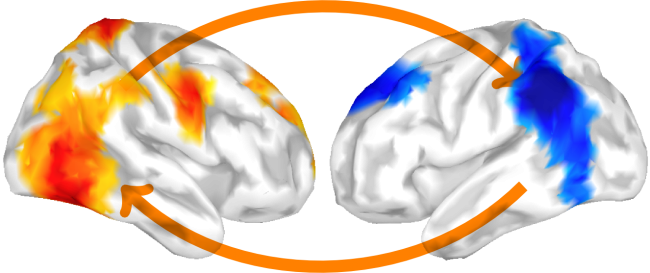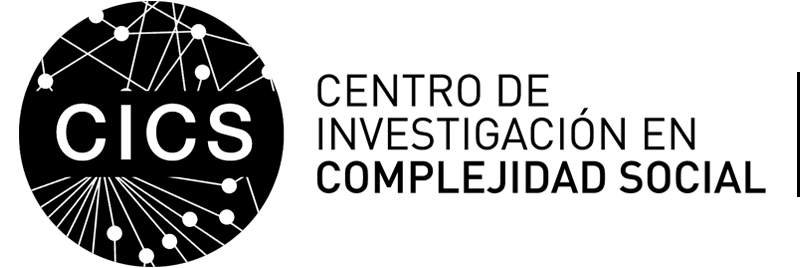CICS explores neuronal mechanisms of social interactions and publishes findings which can be used in rehabilitation therapy for patients with schizophrenia
Wednesday, 4 March, 2015 | NEWS
Dr. Pablo Billeke and Dr. Francisco Zamorano from the Research Center in Social Complexity (CICS) of Universidad del Desarrollo (Sanitago, Chile), conducted the study along with researchers from Pontificia Universidad Catolica de Chile (Santiago, Chile), and the Horwitz Barak Psychiatric Institute (Santiago, Chile). In this study, researchers tested the hypothesis that proposes that the lack of social skills shown by people diagnosed with schizophrenia are related to an alteration in their ability to predict other people’s behavior during a social interaction. This study also identified specific brain activity associated with the generation of expectations by a person, regarding how others around them will behave.
The article is titled “Paradoxical expectation: Oscillatory brain activity reveals social interaction impairment in schizophrenia”, and it was published in Biological Psychiatry“, one of the most renowned psychiatry journals on an international scale. Biological Psychiatry is indexed in the Web of Science (WOS; and formerly ISI), data base and it has a 9.4 impact factor, which puts it in the top 5 listing of WOS indexed Psychiatry journals.
The findings of this study enhance the existing knowledge on the biological mechanisms behind the social alterations that people diagnosed with schizophrenia show, and thus can help elaborate new rehabilitation therapy for these patient’s lack of social skills. The results obtained in the study may be applied in behavioral rehabilitation methods and in biological interventions, such as in non-invasive brain stimulation procedures, targeting the specific cerebral activity associated to the altered function.
The methodology used in this study consisted of monitoring the electric brain activity and behavior of 25 healthy individuals and 20 individuals diagnosed with schizophrenia, through the use of an electroencephalogram. The electroencephalogram was performed on individuals while they played The Ultimatum Game (a negotiation game based on Game Theory). The game was played on a computer where participants played under two different scenarios: their opposition was another person online and then the opposition was the computer.
Researchers observed that healthy individuals playing against another person would give in less during a negotiation (they stood by their offers), in comparison to when they were playing against the computer. This result shows that when facing another person, people create expectations on what the other will do, and in this case, participants expected their opposition to give in during the negotiations. The processes of expecting someone else’s behavior was related to a specific brain activity (Alpha-band oscillatory activity).
On the contrary, participants diagnosed with schizophrenia displayed behavior and brain activity patterns that were the complete opposite to those displayed by healthy participants. When these participants were playing against another person, their brain activity exhibited was different to that of healthy participants under the same scenario. However, when participants with schizophrenia played against the computer, their brain activity was similar to that of healthy participants when they were playing against another person. Regarding their behavior, researchers observed that participants with schizophrenia would place higher bets and would give in less during the negotiation when playing against the computer, in comparison to when they played against another person. This behavior showed the altered ability of schizophrenic participants to predict other’s behavior and in adjusting their expectations regarding a non-social agent (in this case, the computer).
This study is part of a larger research topic developed at CICS: Neuroscience and genetics of social behavior. Other sub-topics researched focus on the differences of complex social behavior, such as cooperation and negotiation, between healthy people and people diagnosed with mental illnesses. The objective in studies such as the one mention, is to identify brain activity patterns through the use of electroencephalography, nuclear magnetic resonance and transcranial magnetic estimation tests.


